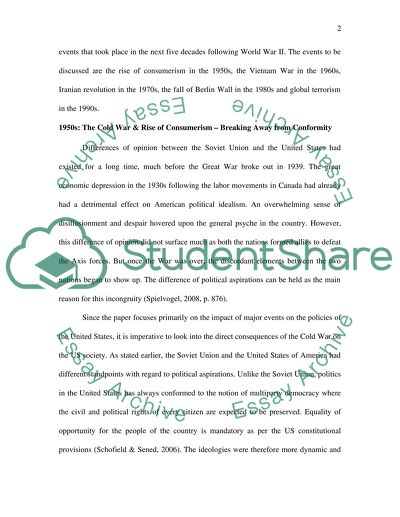Cite this document
(The Most Significant Events in the Decades Following World War II Case Study, n.d.)
The Most Significant Events in the Decades Following World War II Case Study. Retrieved from https://studentshare.org/history/1562064-the-most-significant-events-in-the-decades-following-world-war-ii
The Most Significant Events in the Decades Following World War II Case Study. Retrieved from https://studentshare.org/history/1562064-the-most-significant-events-in-the-decades-following-world-war-ii
(The Most Significant Events in the Decades Following World War II Case Study)
The Most Significant Events in the Decades Following World War II Case Study. https://studentshare.org/history/1562064-the-most-significant-events-in-the-decades-following-world-war-ii.
The Most Significant Events in the Decades Following World War II Case Study. https://studentshare.org/history/1562064-the-most-significant-events-in-the-decades-following-world-war-ii.
“The Most Significant Events in the Decades Following World War II Case Study”. https://studentshare.org/history/1562064-the-most-significant-events-in-the-decades-following-world-war-ii.


